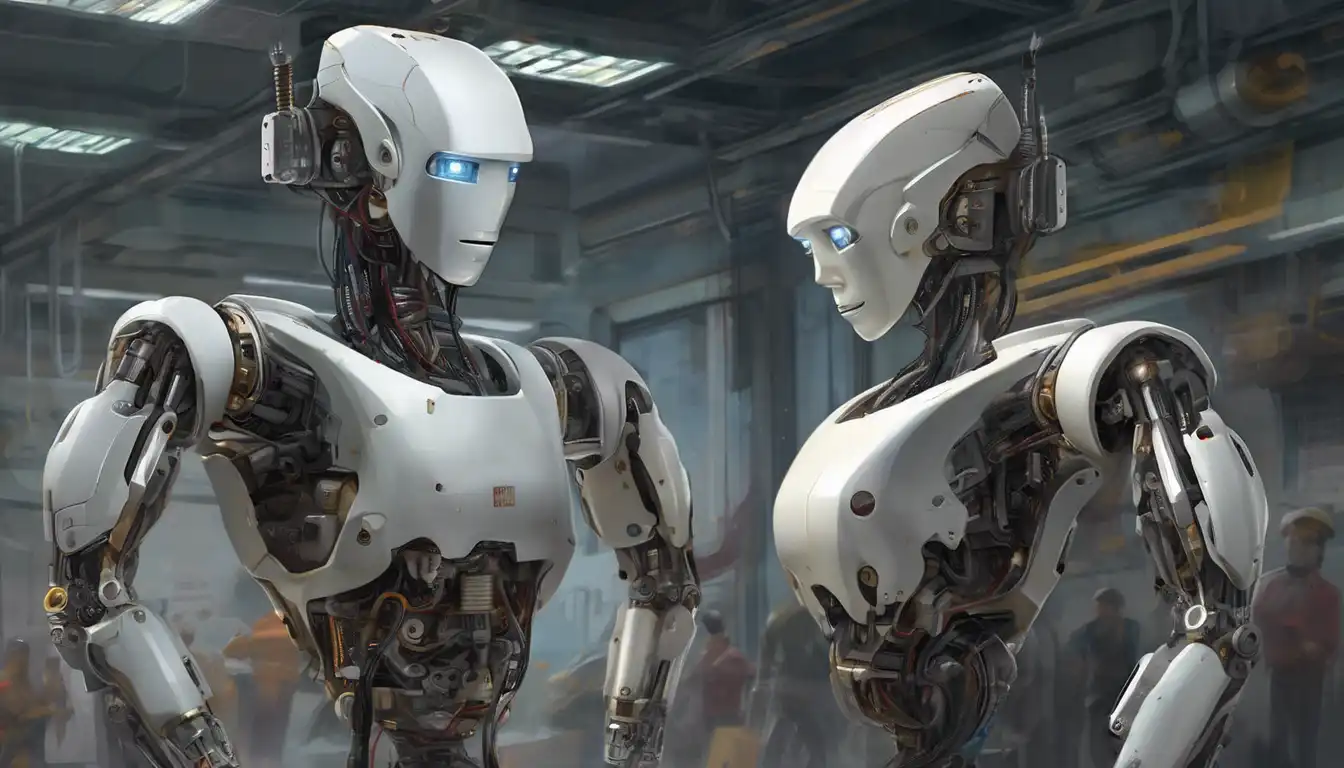Introduction to Autonomous Robots and Ethics
The advent of autonomous robots has ushered in a new era of technological advancement, raising profound ethical questions. These self-operating machines, capable of performing tasks without human intervention, are transforming industries, from manufacturing to healthcare. However, as their presence grows, so does the debate around the ethical implications of their use.
The Core Ethical Dilemmas
At the heart of the discussion are several key ethical dilemmas. These include the accountability for actions taken by autonomous robots, the potential for job displacement, and the moral status of robots themselves. As we integrate these machines into more aspects of daily life, addressing these concerns becomes paramount.
Accountability and Responsibility
One of the most pressing issues is determining who is responsible when an autonomous robot causes harm. Unlike traditional machines, autonomous robots make decisions based on complex algorithms and learning processes. This raises questions about whether the manufacturer, the programmer, or the user should be held accountable.
Impact on Employment
The rise of autonomous robots also brings concerns about job displacement. While these machines can increase efficiency and reduce costs, they also have the potential to replace human workers in various sectors. Balancing technological advancement with the welfare of the workforce is a challenge that society must navigate carefully.
The Moral Status of Robots
As robots become more advanced, some argue that they may deserve certain rights or considerations. This perspective challenges traditional views on morality and ethics, prompting us to reconsider what it means to be a moral agent.
Looking Ahead: Ethical Frameworks for Autonomous Robots
Developing ethical frameworks to guide the use of autonomous robots is essential. These frameworks should address issues of accountability, privacy, and the impact on society. By establishing clear guidelines, we can ensure that the benefits of autonomous robots are realized while minimizing potential harms.
Conclusion
The ethics of autonomous robots is a complex and evolving field. As technology continues to advance, ongoing dialogue and collaboration among technologists, ethicists, and policymakers will be crucial. By addressing these ethical challenges head-on, we can harness the potential of autonomous robots to improve lives while upholding our moral values.
For further reading on related topics, explore our articles on Artificial Intelligence and Machine Learning.
